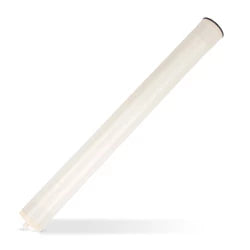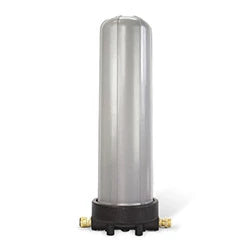System - Replacement Filters
Replacement filters are available to keep your water fed purification system working like new! Shop our selection of DI resin and RO membranes. We also carry carbon & sediment filters as well as housings. We stock all of the parts you may need for the industry's top pure water systems. Need help? Call us at 862-266-0677.

All About Filters for Pure Water Window Cleaning
It’s never a bad time to familiarize yourself with a beloved ally of the window cleaning community: pure water systems. Imagine a world where windows beyond reach get cleaned so perfectly, they're practically invisible, all without a ladder. That's not just a pipe dream; it's the real deal with pure water systems. But at the heart of this wonder? The filters. These little guys are the MVPs of the operation, ensuring that the water hitting your windows is 0 TDS. Most systems sport a trio of filters: a charcoal or sediment filter, followed by an RO (Reverse Osmosis) membrane, and finished off with a DI (Deionization) resin filter. This dream team works together to produce water so pure, it dries spotless. We’ll break it down and get into the nitty-gritty of these so you can get a better understanding of window cleaning system replacement filters and all the great things they do for us.
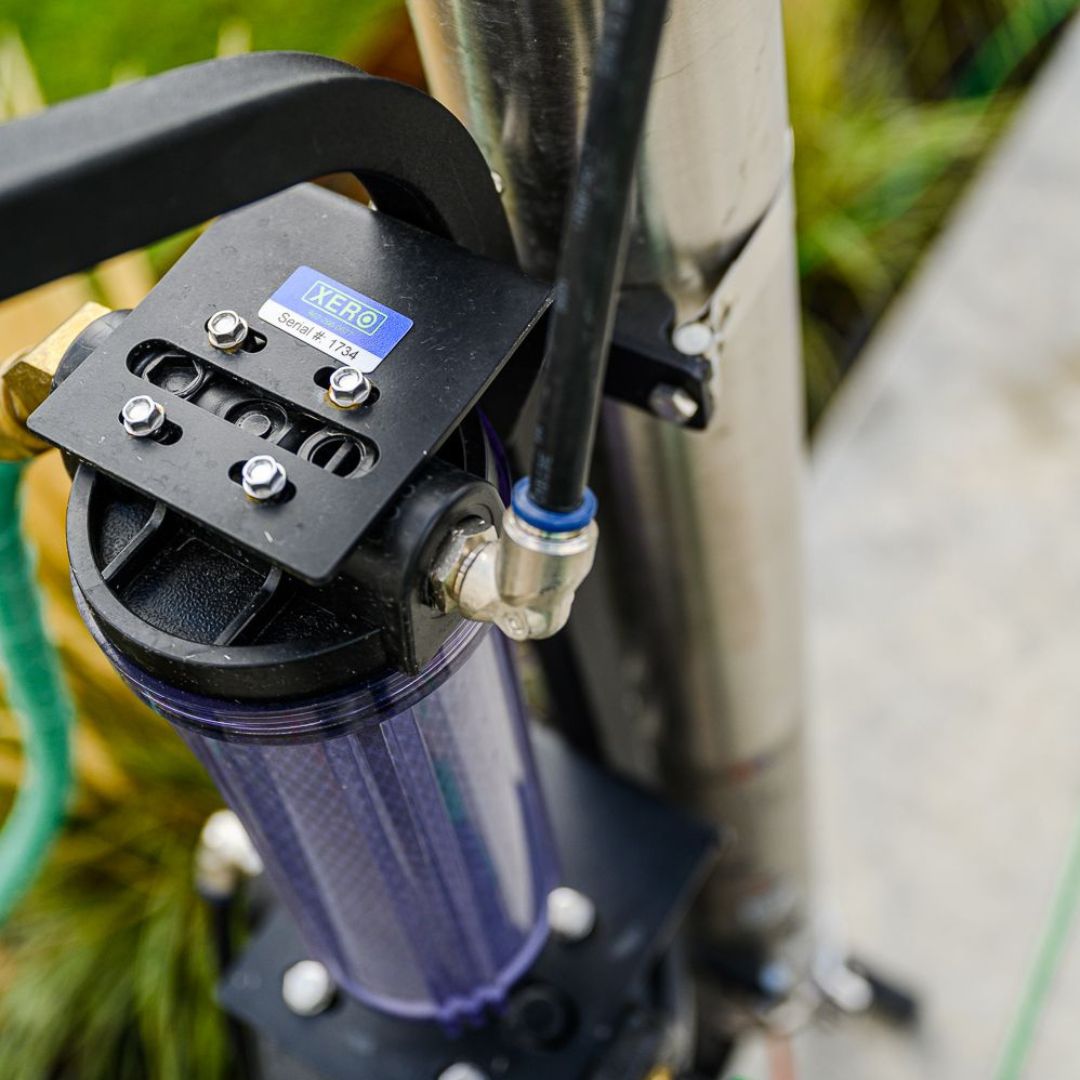
What Kind of Filters Are Used for Pure Water Window Cleaning?
To start off, pure water systems are a relatively simple series of filters designed to purify water right before our eyes. The number of filters varies between models, but a gold standard basic setup would arguably be a 3 stage system. Here’s the rundown on this very common 3 stage pure water system:
- Sediment Filters: They're the front line, catching all the big stuff like sand and rust so that these particles don't gum up the works down the line.
- Carbon Filters: Another possible first line of defense, we've got carbon filters that remove the chlorine and any funky odors, making sure the RO membrane doesn't get overwhelmed. This filter is your RO membrane's best friend because it saves it from chlorine that can damage its delicate membrane.
- RO Membranes: These are the heart of the operation, filtering out just about everything you don't want in your water, like salts and minerals.
- DI Resins: Finally, the DI resin finishes the job, grabbing any leftover ions so the water is completely pure.
All of these different kinds of system replacement filters can be easily found on WCR so you can keep your waterfed set up running strong!
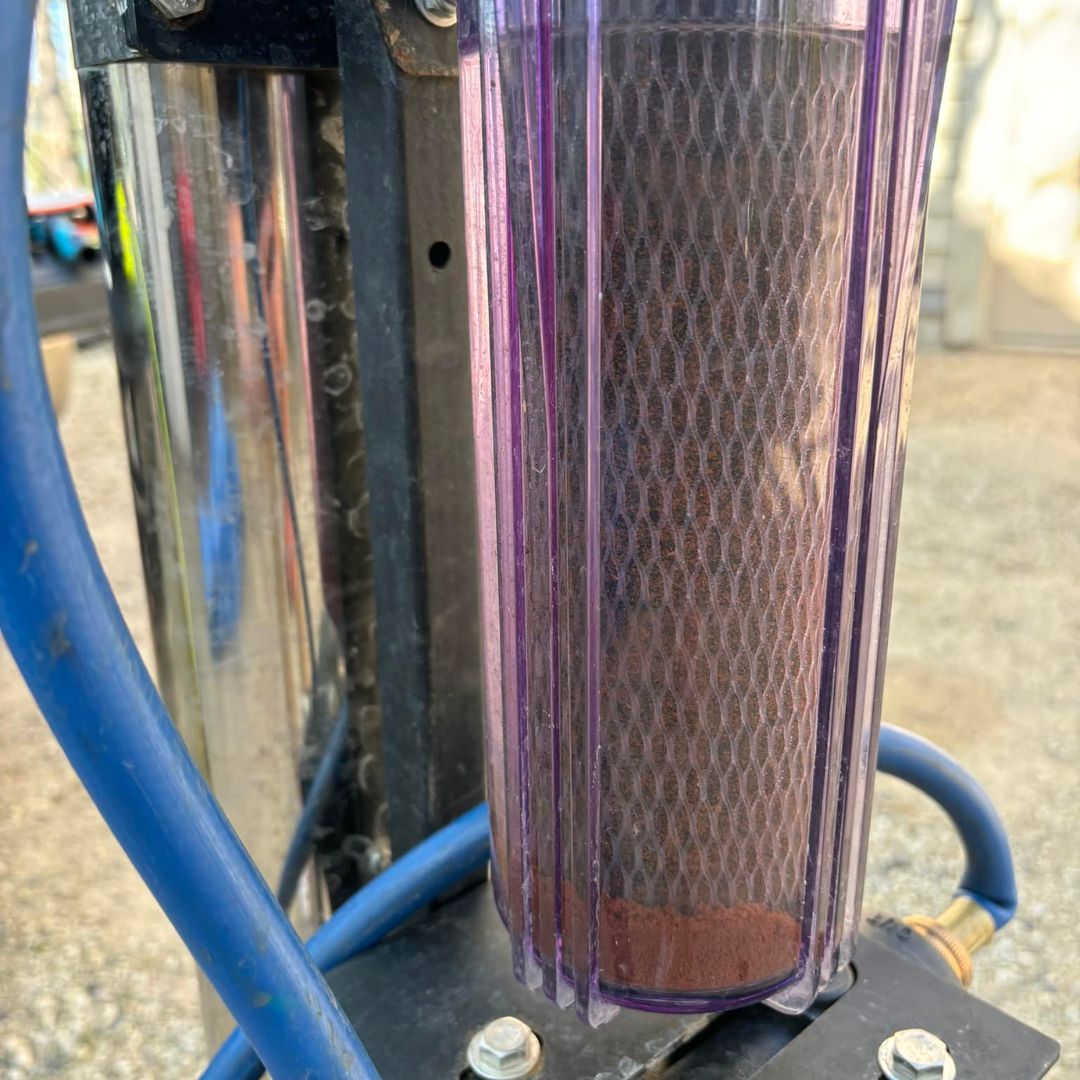
How Often Should I Replace My Pure Water Filters?
Unfortunately, the thing with filters is, that they don't last forever. Their lifespan will heavily depend on the TDS of your local tap water, frequency, and volume of use. As with many things, it's best to err on the side of caution and just replace the filter when in doubt. Knowing when to install your system replacement filters given your unique circumstances is key to eliminating guesswork:
- Sediment and Carbon Filters: These usually need a refresh every 3-6 months. If you notice the water flow slowing down or more particles sneaking through, it's time for a change. It doesn't hurt to check for color change on the filter either.
- RO Membranes: With a bit of care, these can last 2-3 years. But if your water's super hard or you're working them overtime, you might need to replace them sooner. It’s important to regularly monitor TDS input and output so you can gauge how much work the filters are doing and their performance.
- DI Resin: These can vary, lasting anywhere from 6-12 months depending on how much you're using them and the quality of water going in. Again, always keep a close eye on TDS levels so you can get your system replacement filters put in before your water starts to leave spots again.
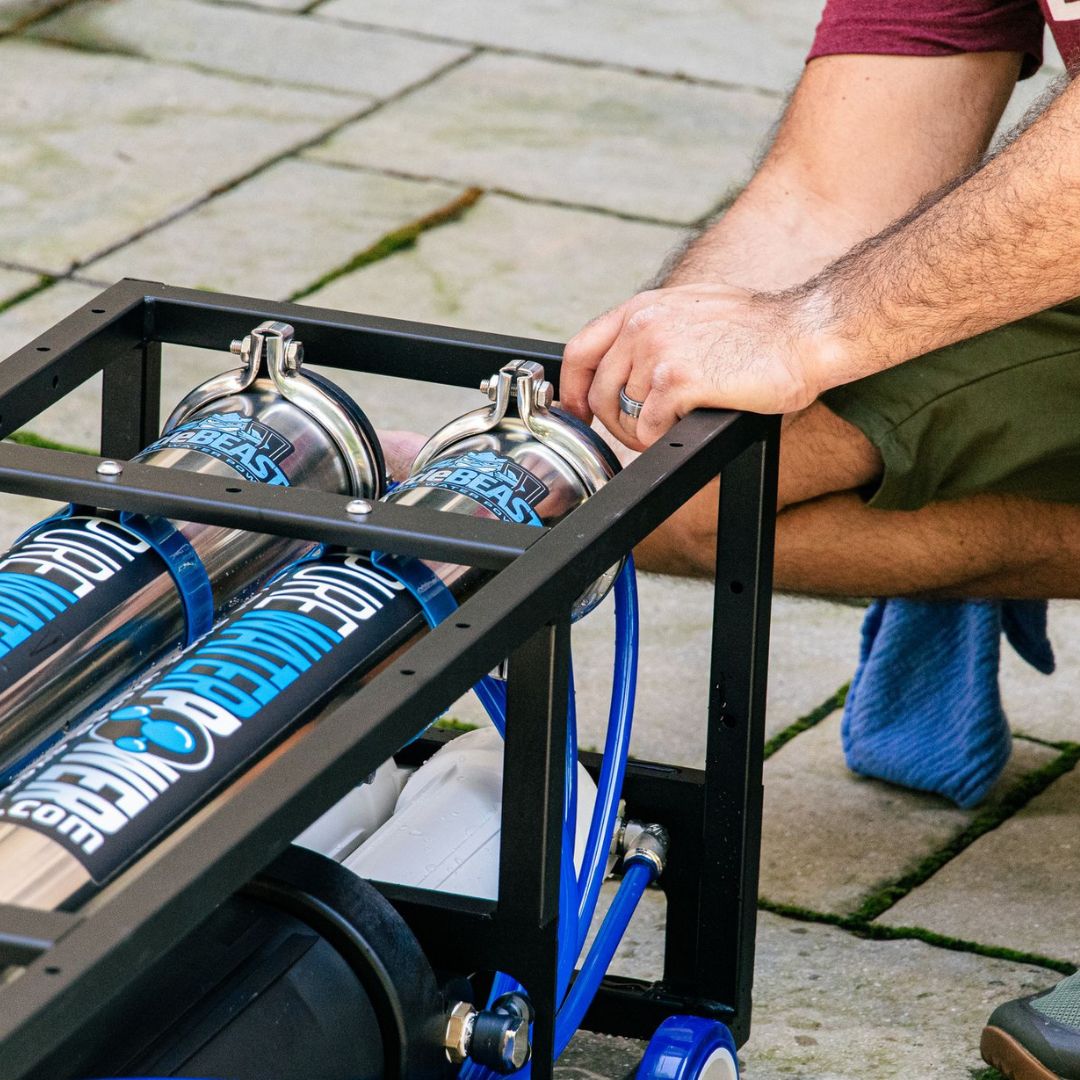
What is an RO Membrane? & How Does It Work?
The RO membrane is kind of the superstar of the water purification process. A window cleaning RO membrane is usually a narrow cylinder, a few feet long, designed to let only water molecules through while catching everything else. This is where a lot of the heavy lifting happens, filtering out a huge chunk of contaminants to make sure the water is super pure. Chlorine can damage the RO membrane and this is where all the magic happens. For this reason, it’s crucial to have at least a carbon pre-filter before your RO membrane to prevent damage. With that being said, always have spare carbon system replacement filters ready to install.

How Often Should I Replace My RO Membrane?
Generally, you're looking at swapping out the RO membrane every 2-3 years for light use. But, this can depend on a bunch of stuff like how much water you're purifying and the condition of that water to begin with. Keeping tabs on your water's TDS will always be the best way of determining the right time. 0 TDS is ideal but water can still dry spotless at 10 TDS and levels beyond that depending on the surface. But once you see those TDS values climbing away from zero, you know it’s a good time to plan your system replacement filter maintenance very soon. A pro tip? Always have an extra filter ready so you can swap them out before you run out of spotless water.
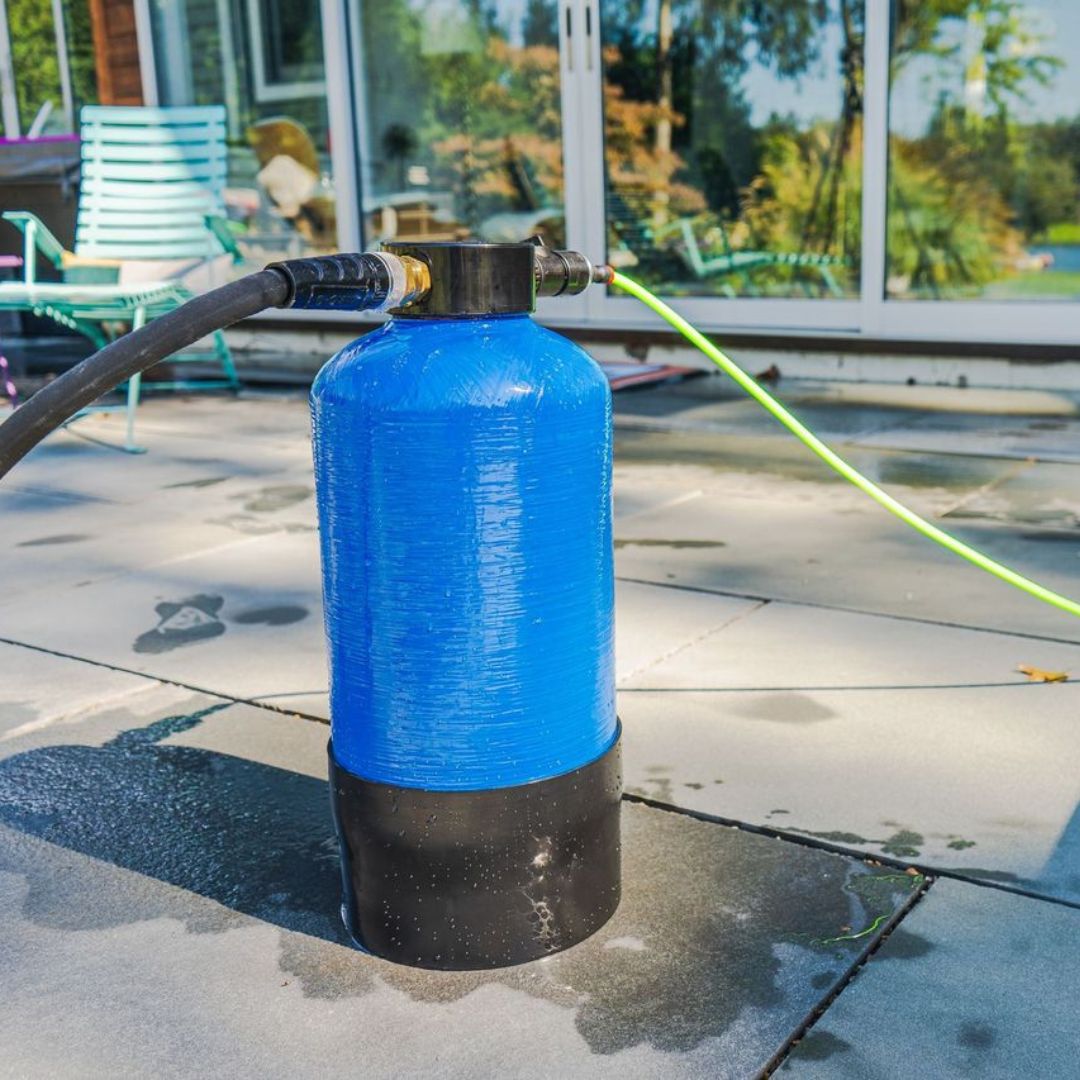
What is DI Resin & How Does DI Resin Work?
After the RO membrane does its thing, the DI resin steps in to polish off the remaining impurities. It works by swapping out any remaining ions in the water with hydrogen and hydroxyl, which leaves you with water so pure, it will surely dry spot-free. The DI resin itself is a pretty cool-looking material, it looks similar to very small beads. In a 3 stage system, this sandy filling is the final step in making sure the water is absolutely pure. However, in some localities where the tap water has very low TDS, a DI resin filter can be used by itself to achieve spot-free windows.
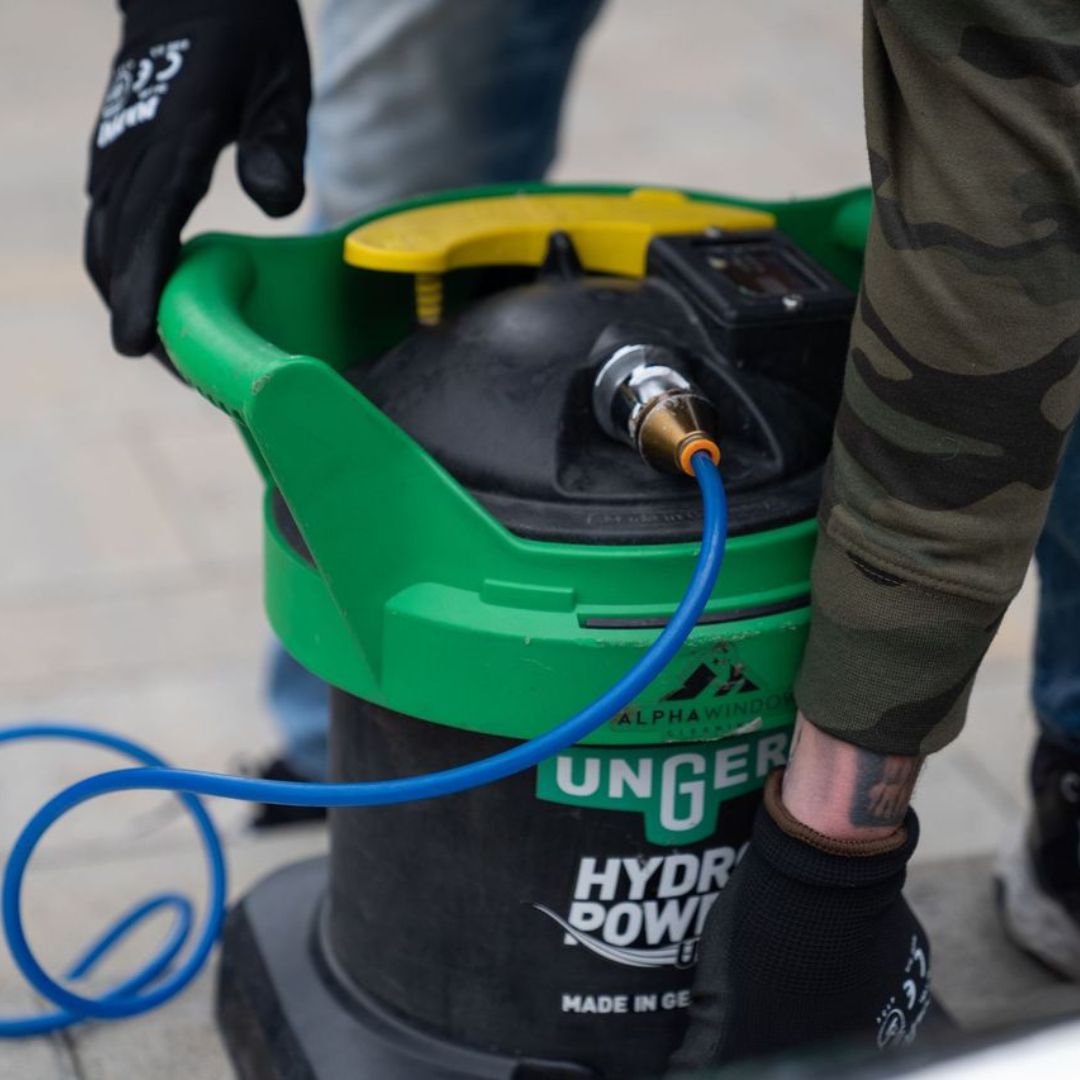
How Can I Make My DI Resin Last Longer? / How Often Should I Replace My DI Resin?
To get the most out of your DI resin, make sure it's only dealing with water that's already been through the RO membrane. Although impossible to avoid in some areas, avoid using tap water with high TDS values. The cleaner that water is, the longer your DI resin will last. Generally, you might need to switch it out every 6-12 months, but it really depends on how much water you're treating and what condition that water is in. The best answer? Use your TDS meter. Once again, keeping an eye on TDS values can give you an idea of when your DI resin or RO membrane are in need of some TLC.
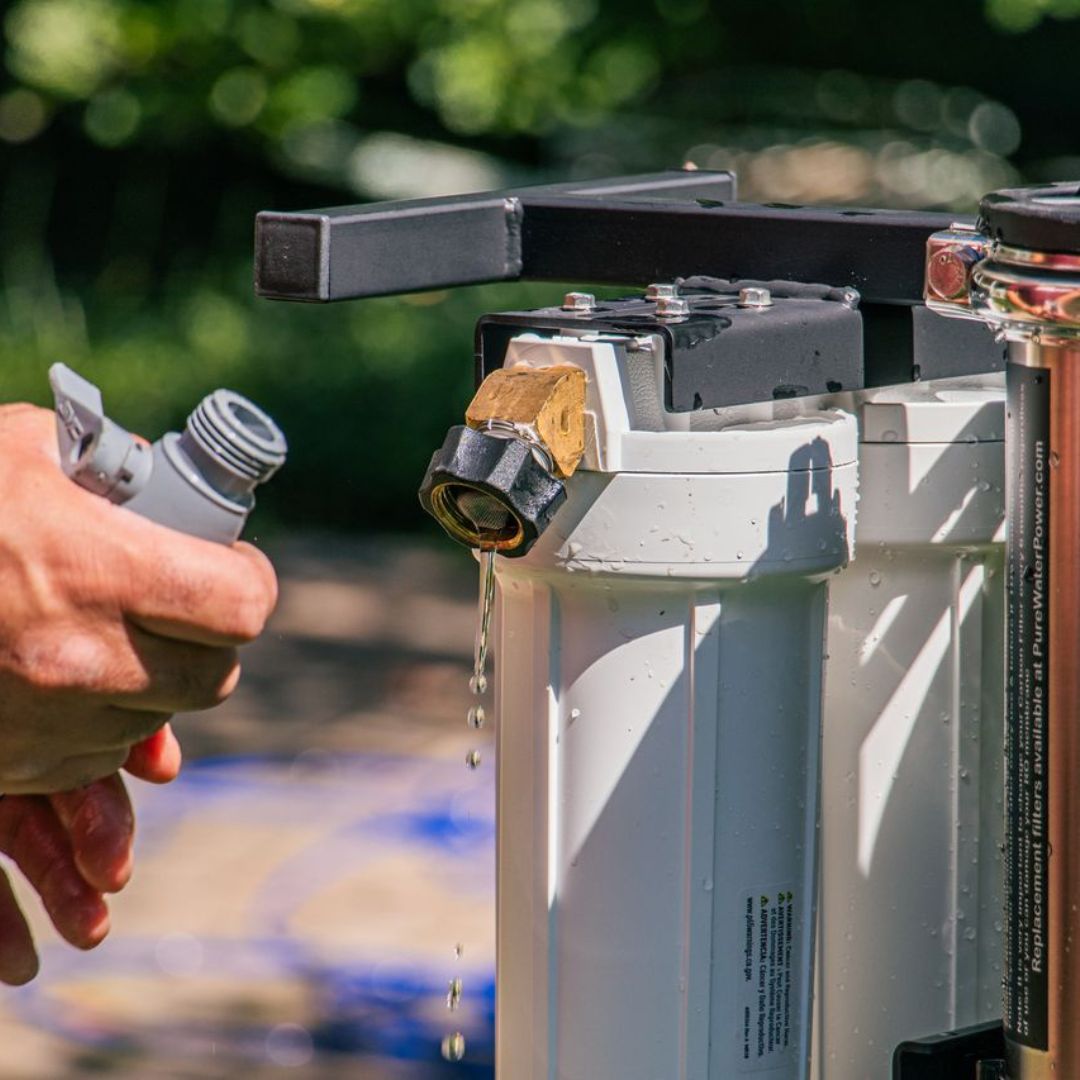
How Do I Change My RO/DI Filters?
Installing system replacement filters isn't rocket science, but it's important to do it right:
- Shut Off the Water: Stay dry, you don't want the system pressurized while you're working.
- Swap Out the Old Filters: Open up the housings and take the old filters out. Be ready for a bit of water to come out, too. For a DI tank, the top will often screw off revealing the resin beads that can be poured out. For RO membranes, the cylindrical housing will likely have brackets bolted to each end, securing the cap. Once removed on one side, the membrane can be slid out.
- Put in your system replacement Filters: Slide or pour the new filters into place, making sure they're seated properly.
- Seal Everything Up: Check that all the seals are clean and in good condition, then tighten everything back down.
- Flush the System: Turn the water back on and let it run through the system to clear out any air and impurities.
- Test then Go!: Recheck your TDS after a quick flush and if you’ve achieved the value you’re seeking, then get to work!
Keeping up with regular maintenance and filter changes is crucial to maintaining the effectiveness of your pure water window cleaning setup. By staying on top of this, you can keep delivering awesome service, keeping those windows so clean they practically disappear. And hey, everything you need for this, from system replacement filters to TDS meters, you can snag from WCR. Keep those filters fresh, and your cleaning game strong!



